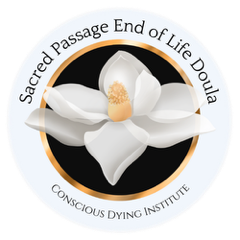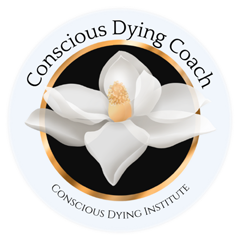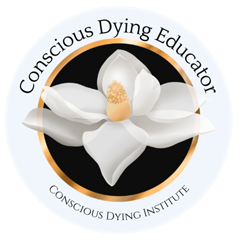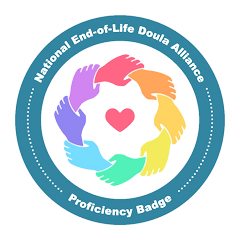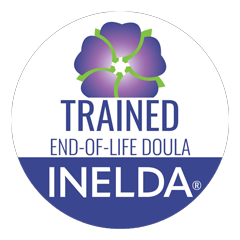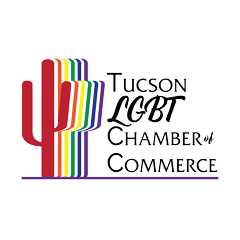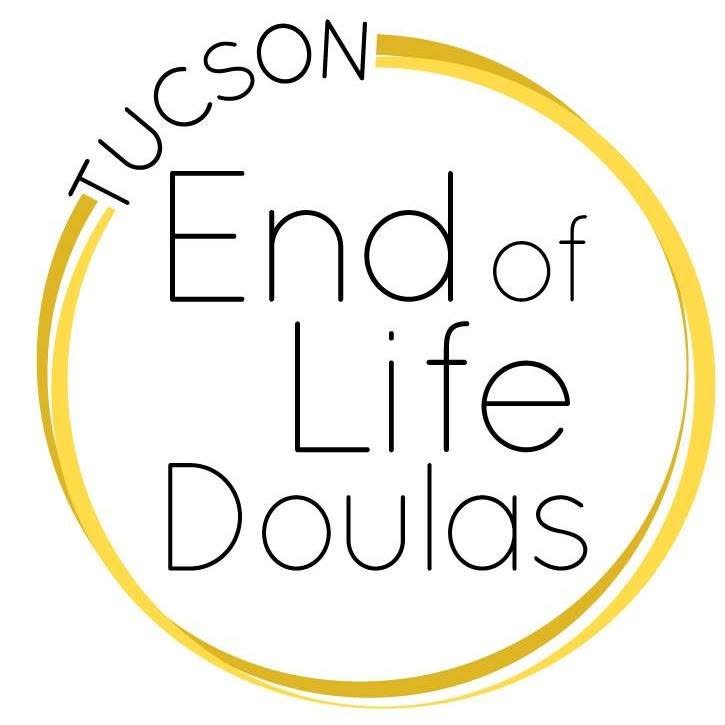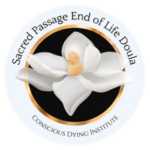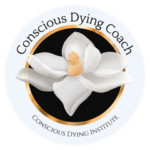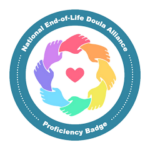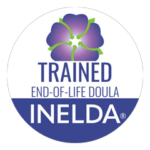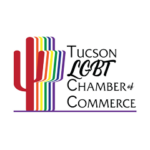Find answers to some of the most commonly asked questions about end of life services and more.
Doulas are called to this work because they desire to support the dying and their people. Through the Conscious Dying Institute, I received extensive training and practical experience with powerful and challenging emotions that are part of death and the dying process. Through this intense process of introspection and walking alongside my fears and emotions, I am able to hold space for and be a comforting and reassuring presence for the dying and their families. My knowledge of the death process and the before and after death care options provide a reassuring resource for often overwhelmed and grieving loved ones. Mostly, though, doulas are compassionate, reliable, knowledgeable, and caring companions during difficult and emotional times.
Doulas are non-medical support who work seamlessly alongside hospice teams. Where hospice teams often have a full caseload, doulas do not have the same workload, which allows us to offer more time; our consistent presence and attention in before-care, during bedside vigil and after-death care; focused advocacy at home or in medical facilities; and essentially, more availability beyond what hospice teams are allowed to provide.
I advocate that anyone who is facing a terminal diagnosis or end-of-life situation would benefit greatly by engaging with a reputable local hospice that provides high-quality care as early as possible. The services provided by hospice during this time ensure the dying and their people receive the necessary medical care that supports comfort by providing a team of nurses, physicians, and other practical assistance at end-of-life. If the task of determining which hospice fits your situation, I can provide insight into this process as well.
I advocate that anyone who is facing a terminal diagnosis or end-of-life situation would benefit greatly by engaging with a reputable local hospice that provides high-quality care as early as possible. The services provided by hospice during this time ensure the dying and their people receive the necessary medical care that supports comfort by providing a team of nurses, physicians, and other practical assistance at end-of-life. If the task of determining which hospice fits your situation, I can provide insight into this process as well.
Death doulas can be contacted at any time regarding end-of-life planning and support. Truly, whenever you feel like it’s the right time. This could be at initial diagnosis, as you begin to notice changes in health and well-being, or when vigil support is requested at the bedside. The longer you have to work together with a doula will provide more opportunity to find connection, and for you to determine What Matter Most To You to you at this time, what your end-of-life care will look like and to allow space to create more precious time for you and your people.
No. Today Death Doulas are private pay. I hope that one day our legislators and insurance companies will realize the value of Death Doulas in end-of-life care, and will include coverage for these services as they do Hospice and Palliative Care Services. I offer single services and custom packages based on my client’s needs. I do operate on a sliding scale when needed – I won’t turn anyone away for financial reasons.
There is a need for this care at end-of-life in our communities. Death is the one certainty for every living being and yet in many ways, we are a death-phobic society. Our avoidance of death in our lives has created communities where we are uncertain about how to support each other when death is near. It is my intention to fill that gap of care in my community while encouraging and initiating conversations about death – to lessen our fear and to live more consciously, realizing what matters in life.
Provide your name and email information for occasional updates, resources and interesting information about death and dying.
